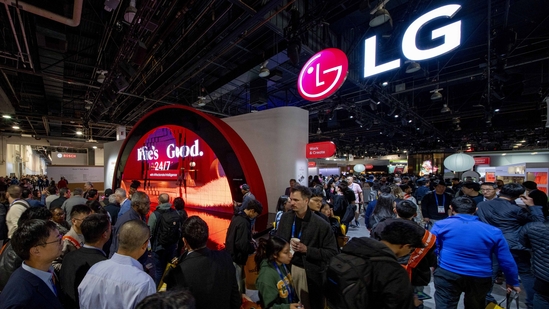LG Energy Solution, the world’s leading battery technology company, has made a $2 billion buyout of General Motors’ electric vehicle (EV) battery assets in Michigan. The move is a strategic expansion in LG’s presence in the fast-growing EV sector and further enhances its manufacturing capacity in America.

A Strategic Expansion in the U.S. EV Market
Through this acquisition, LG Energy hopes to increase its battery manufacturing and establish its foothold in the North American EV supply chain. The Michigan-based battery assets, which were originally part of GM’s Ultium Cells project, are likely to speed up the development of next-generation EV batteries.
Industry observers view this transaction as an important move toward addressing the increasing demand for EV batteries, particularly with car manufacturers competing to keep up with tightened emissions standards and the growing consumer transition to electric mobility.
Increasing Production & Innovation
The deal will enable LG Energy to scale up battery production and incorporate leading-edge technology into its current operations. The company has been spending a lot of money on research and development to enhance battery efficiency, charging speed, and energy density in order to make EVs more affordable and dependable.
In addition, the action fits the larger industry trend to localize battery manufacturing in North America to minimize reliance on foreign supply chains.
LG Energy & GM: A Decades-Long Partnership
LG Energy and General Motors have partnered for decades, jointly developing Ultium battery technology for GM electric vehicles, such as the Chevrolet Blazer EV, Cadillac Lyriq, and GMC Hummer EV. While GM is selling off its Michigan battery assets, it still invests in EV manufacturing and is still committed to building out its electric offerings.
Impact on the EV Industry
This takeover is another significant change in the global EV battery market. As the adoption of EVs is increasing globally, players like LG Energy are placing themselves to be the key providers of high-quality, eco-friendly batteries.
In the face of growing competition from Tesla, CATL, and Panasonic, this action may grant LG Energy a competitive advantage through enhanced production capacity and improved relations with American car manufacturers.
Final Thoughts
LG Energy’s $2 billion investment in GM’s Michigan EV battery assets is a strategic play to dominate the North American battery market. With EV adoption accelerating and supply chain localization becoming a priority, this acquisition will likely shape the future of battery production and innovation in the U.S.
As the EV supremacy battle grows, this deal may prove to be a turning point for both LG Energy and the electric car sector as a whole.



